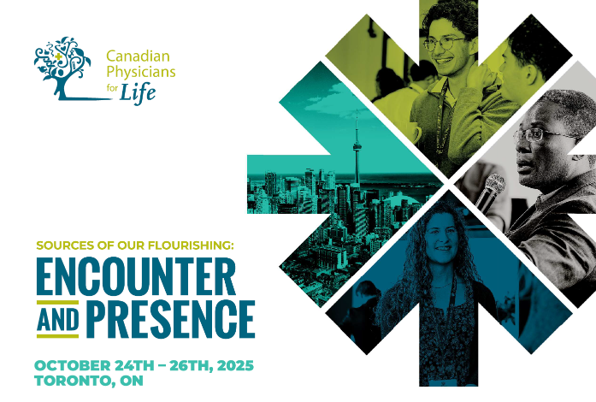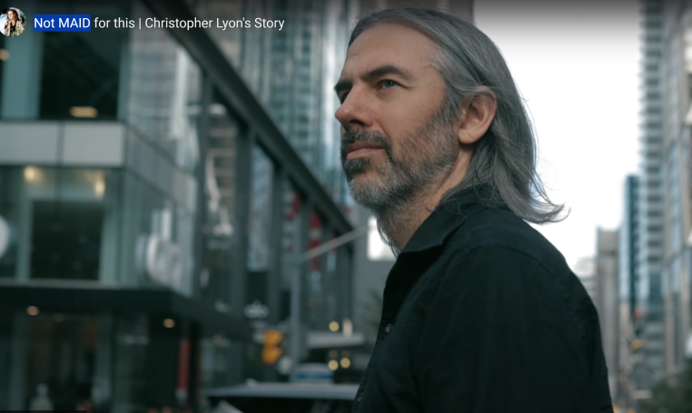
What’s in the latest government euthanasia report?
On February 15th, this 130-page “Report of the Special Joint Committee on Medical Assistance in Dying” was presented to the House of Commons.
The report covers five main areas, including: palliative care; safeguards for persons with disabilities; euthanasia where a mental disorder is the sole underlying condition; euthanasia for teens; and, advance directives.
Among the most alarming aspects of the report is the Recommendation #19 which says:
That the Government of Canada establish a requirement that, where appropriate, the parents or guardians of a mature minor be consulted in the course of the assessment process for MAID, but that the will of a minor who is found to have the requisite decision-making capacity ultimately take priority.
In elaborating this “recommendation”, there is only passing acknowledgement that “parents may be reluctant to consent to the death of their child.”
To read more about this, you can check out John Ivison’s National Post article, “A society that justifies child euthanasia must question whether it truly values life.”
In response to that piece, the National Post published this letter to the editor by Mike Schouten from Chilliwack, B.C.:
Canadians are expressing concern about the rapid expansion to Canada’s euthanasia laws. For this reason, the current government is trying to delay one of the expansions that has already been approved (allowing vulnerable people with mental illness to ask a doctor to euthanize them).
Therefore it is reckless that a joint committee of the House of Commons recommended last week that our euthanasia laws be expanded even further, this time to minors.
As the father of a teenager who had a terminal cancer and died last year, it is heartbreaking to think of future families who will have to navigate a health-care system that has an option of giving up on their child. We should never end a child’s life prematurely by way of euthanasia, but rather, focus on providing robust palliative and hospice care so they can live a short life well.
You Might Also Like
Follow US:




